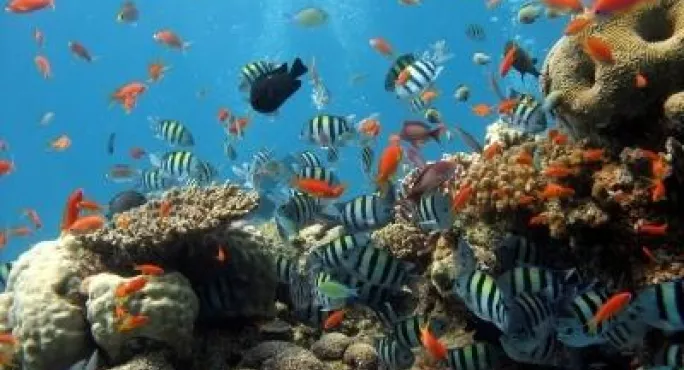The trip fitted in well with her class “Seaside” project and encouraged the pupils to find out more about this interesting topic.
School trips are a key part of a young person’s educational experience. As a geography teacher, I have organised several dozen field trips and know the value of pupils seeing first-hand the things they learn about in the classroom. There is also considerable social value in such trips. When I meet former pupils, they always mention the trips they participated in.
Trips can also be inspirational. Iain Turnbull, a talented engineer with a leading Scottish company, first became interested in engineering after a school trip to the Cruachan hydro-electric power station in Argyll. “A mini-bus took us through a tunnel inside Ben Cruachan,” he recalls. “It was amazing to see huge turbines, deep within a mountain, using water to generate electricity. That trip taught me all about renewable energy and triggered my passion for engineering.”
Karen Allison, a 33-year-old youth worker, developed an interest in skiing and hillwalking after a week-long stay at an outdoor centre near Pitlochry. “I was only 14 and had never been out of Glasgow,” she says. “We were introduced to all sorts of activities, including abseiling and skiing. It was one of the most memorable weeks of my life.”
Out-of-school trips are particularly beneficial for younger pupils. They can gain a degree of independence in the adult world with new responsibilities and opportunities to think for themselves. It is worth remembering that, because of family circumstances, some pupils have few opportunities to visit historical and cultural centres and school trips help compensate for this.
But in the secondary sector at least, they are becoming less common. Health and safety fears, following the tragic loss of young lives during activity trips, are discouraging many teachers from organising trips. Indeed, some union officials discourage their members from taking part in excursions.
Of course, the priority for teachers is to ensure the safety of their pupils. Guidelines have to be adhered to, but it would be wrong to abandon trips altogether. A Curriculum for Excellence is about breaking down subject barriers and getting to grips with the real world.
A new “quality badge” or kite-mark system, which has just been introduced, highlights useful destinations for school groups. It is part of the “Learning Outside the Classroom” initiative, which aims to provide easier organisation for teachers and greater safety reassurances for parents.




